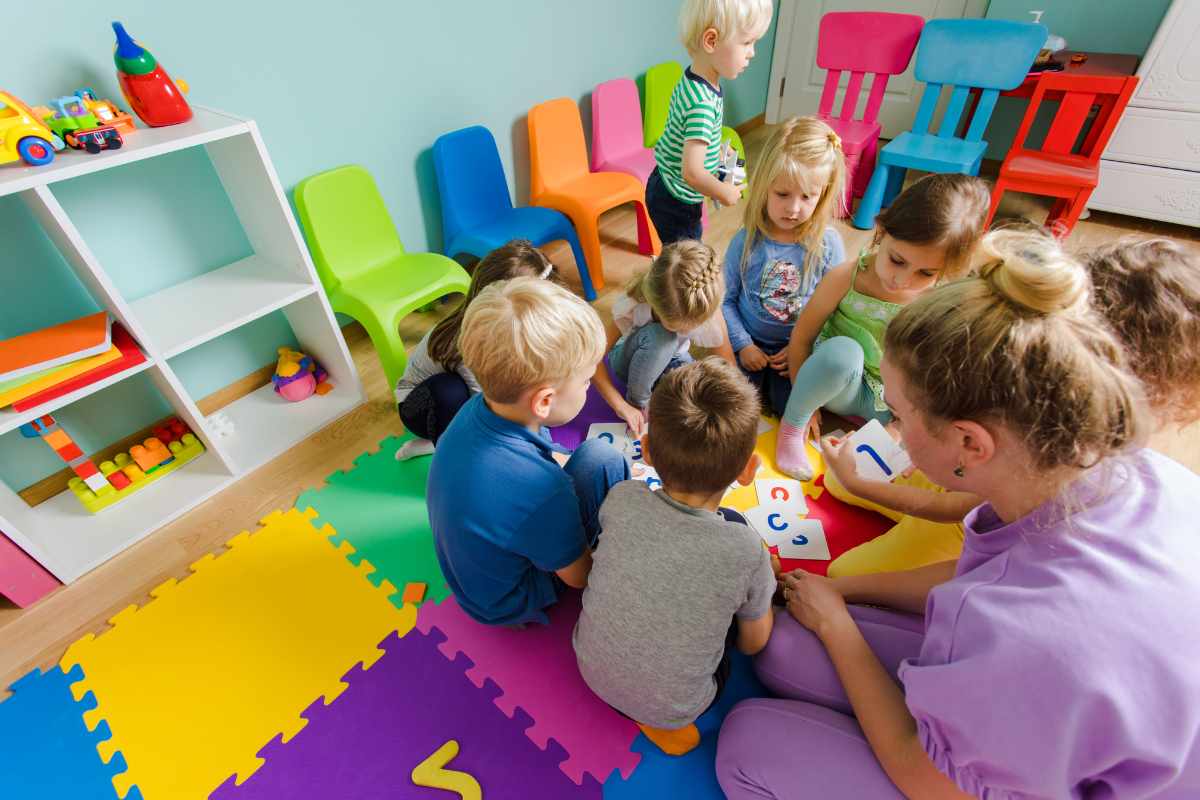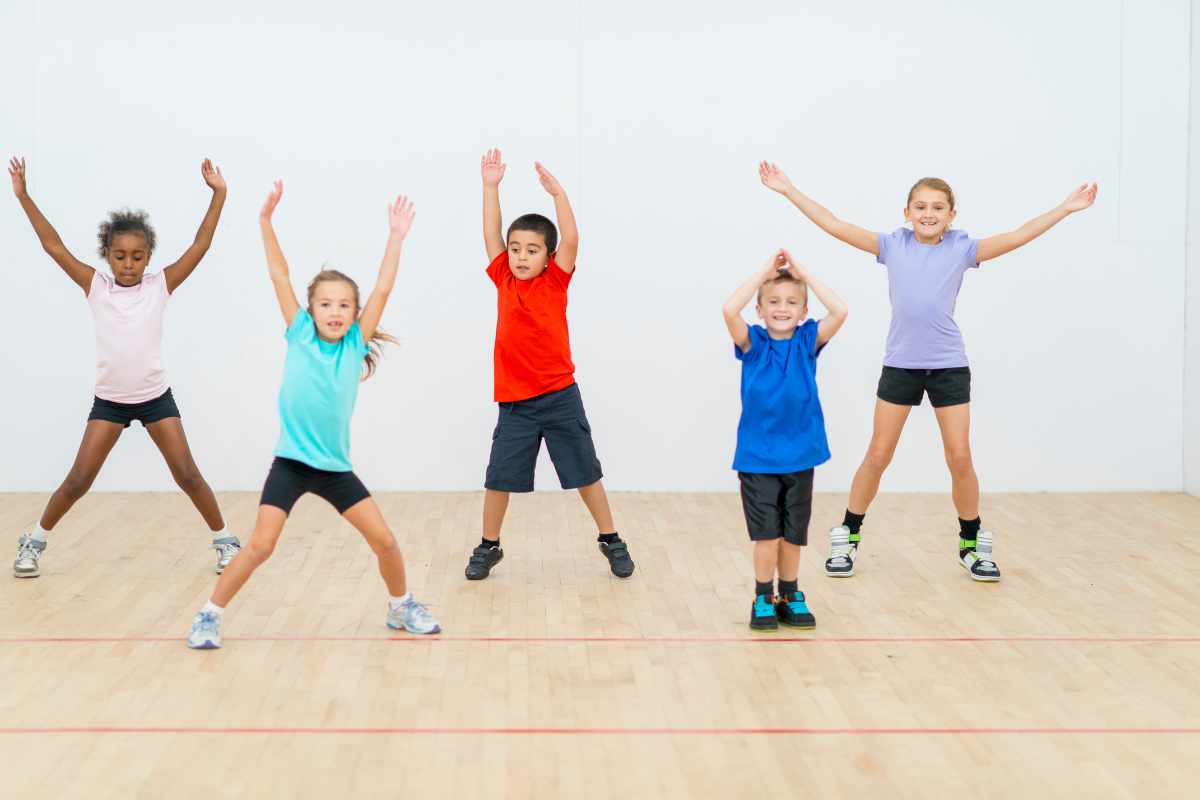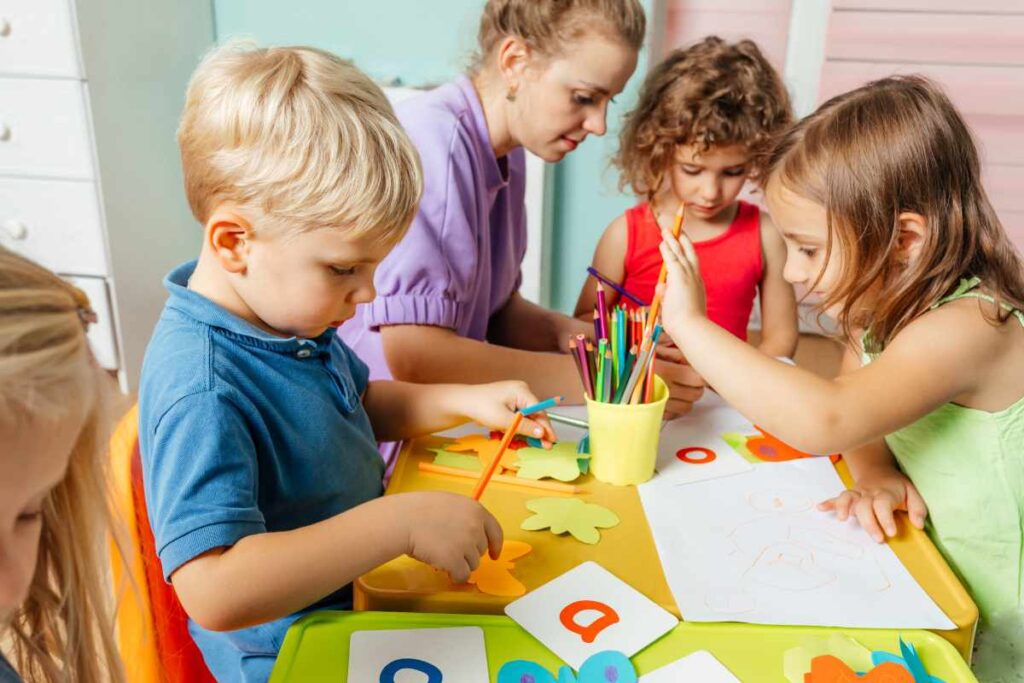Early Childhood Education (ECE) is known as nursery education. ECE plays an important role for young children, from birth to age eight. This time is key for their brain, emotional, social, and physical growth. It helps set them up for future learning and personal success. This is a crucial time for kids to build skills that will help them succeed later in life. Recently, people have realized how important good early education is for a child’s future.
What is Early Childhood Education?
Early childhood is the period from birth to around 8 years old when a child’s brain is particularly receptive to learning from their environment. This is the period that is important for growth, and special educational methods are needed to help the children develop important skills and basic knowledge for their future. Early childhood education (ECE) focuses on key developmental milestones and skills, like social-emotional abilities, reading skills, and critical thinking. For helping children succeed in school, the quality of early childhood care and education is also an important way to assess a country’s well-being and future potential.
The Benefits of Early Childhood Education?

A good early childhood Education gives the children many academic and emotional benefits that last years. When choosing a program for your child, look for one that creates a caring and exciting environment where kids can also build important skills, explore, be creative, express themselves, take healthy risks, and learn social, emotional, and academic skills. A program that can achieve these positive development goals must understand how young children grow, recognize the great potential in early learners, and be aware of the risks and benefits of early childhood education.
Importance of Early Childhood Education?
The importance of early childhood education is huge. Studies show that good early education programs help children do better in school, improve their social skills, and support their emotional development. Kids who have attended early childhood education are more likely to succeed in school and later in their personal lives. They learned important skills like problem-solving, communication, and critical thinking, which are key to handling challenges in our day-to-day lives.
Goals of Early Childhood Education

1. Social Development
It is the foundation for building social skills. These programs help children understand themselves and how they relate to others. For teaching important basics like sharing, using polite languages like “please” and “thank you,” and working together to clean up or follow directions. These programs can also inspire children to become leaders for a better future. By mainly focusing on values like equality, peace, and teamwork, early childhood education helps kids believe that they can make a positive impact on the lives of others.
2. Emotional Development
In the early years, children learn significant emotional skills like self-confidence, controlling their emotions, expressing themselves, and self-respect. These skills are significant for things like solving problems and taking healthy risks. “Small class sizes and plenty of time with teachers help children learn these skills in a caring environment where they feel known and supported. By cultivating a strong emotional foundation, children will understand their value as friends, learners, and individuals.” They gain the confidence to handle more complex social, emotional, and academic challenges.
3. Physical Development
This program helps children develop important skills like using their large and small muscles, improving hand-eye coordination, and learning healthy habits like hand-washing, exercising, and eating balanced meals. These skills are taught through both free play and planned activities, such as sensory tables, building blocks, painting, playing musical instruments, and games where kids run, hop, push, pull, and work together while having fun.
4. Intellectual and Academic Development
Early childhood education isn’t just about learning and reading. It’s also important for kids to feel confident and curious about learning new things, even when it is challenging. A good early childhood program helps kids see the world as a place full of learning opportunities, not just their classroom. Programs that encourage kids to explore, ask questions, and play often use fun activities and let children lead their learning. This keeps engaging and excited about discovering new things.
Impact of the Early Childhood Education

Early childhood education has a huge impact on everyone’s kids, communities, and society at large. Research shows that quality ECE programs help young children. They set the stage for better outcomes in education, health, behavior, and even economic success later on.
- Improved Cognitive Development
- Enhanced School Readiness
- Long-Term Academic Success
- Social and Emotional Development
- Reduced Behavioral Problems
- Economic Benefits for Society
- Better Health Outcomes
Conclusion:
Early childhood education (ECE) is important for the child’s future. From birth, these early years are key for their growth in thinking, social skills, and emotions. Good ECE helps children to get ready for school and do well academically and leads to better behavior and health. It is a smart investment that benefits individuals and the community. By making sure all children have access to quality early education, we help them start life on the right foot and build a more equal and successful society.

